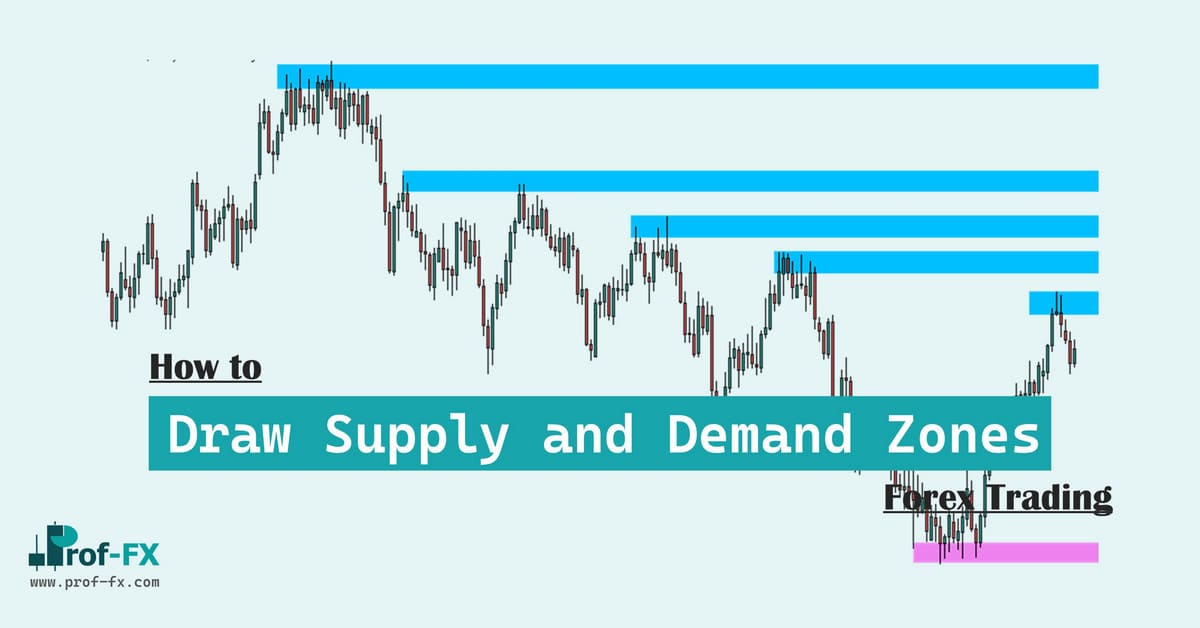Multinational corporations are hedgers. Corporations that operate in multiple countries often run into scenarios in which they have accounts receivable or accounts payable that are denominated in a currency other than that used in the country where the corporation is headquartered.
For example, suppose a U.S.-based corporation has accounts receivable from a customer in Japan, and those accounts receivable are denominated in Japanese yen. The corporation knows that it is most likely not going to collect those accounts receivable for up to 60 days, and it is worried that the value of the Japanese yen compared to the U.S. dollar is going to drop in the meantime. To hedge against this risk of a falling Japanese yen, the corporation could sell the USD/JPY (U.S. dollar vs. Japanese yen) currency pair. That way, if the value of the Japanese yen does decline, the corporation will be able to offset its losses on the accounts receivable with its gains on the currency contract.
Similarly, suppose a British corporation has accounts payable to a vendor in the Netherlands, and those accounts payable are denominated in euros. The corporation knows that it is not going to pay those accounts payable for another 60 days, but it is worried that the value of the euro compared to the British pound is going to increase during that time. To hedge against the risk of a rising euro, the corporation could buy the EUR/GBP (euro vs. British pound) currency pair. That way, if the value of the euro does rise, the corporation will be able to offset its losses on the more expensive accounts payable with its gains on the currency contract.
Corporations have an incentive to hedge these accounts because, according to the Financial Accounting Standards Board (IASB) cited from www.fasb.org.:
Transaction gains and losses are a result of the effect of exchange rate changes on transactions denominated in currencies other than the functional currency (for example, a U.S. company may borrow Swiss francs or a French subsidiary may have a receivable denominated in kroner from a Danish customer). Gains and losses on those foreign currency transactions are generally included in determining net income for the period in which exchange rates change unless the transaction hedges a foreign currency commitment or a net investment in a foreign entity.
Multinational corporations also exchange a lot of money via foreign currency translation. Foreign currency translation is the simple act of transferring profits from one area of the business that operates using one currency to another area of the business that operates using a different currency. A corporation can also hedge these transactions to prevent exchange-rate losses on these profits.
According to the Federal Reserve Bank of New York, corporations continue to represent an important percentage of Forex market activity, even though their significance in comparison with hedge funds and other investors has declined somewhat in recent years.










